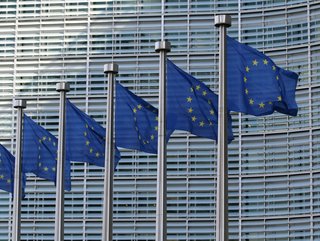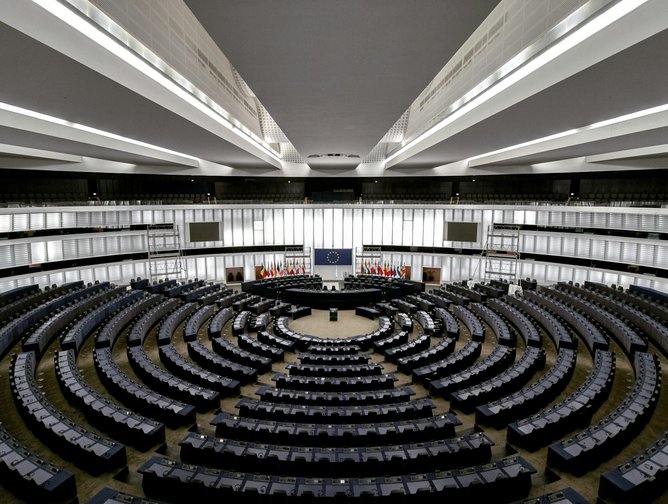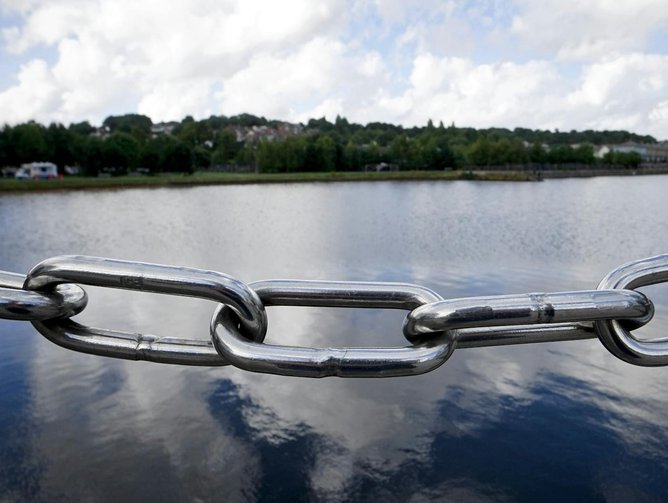What the Latest CSDDD Milestone Means for Supply Chains

After months of debate, European Union member states have agreed to legislation which will hold companies of a certain size to account for environmental impacts and human rights abuses in their supply chains.
Proposals for a corporate sustainability due diligence directive (CSDDD) were first adopted by the European Commission in 2022, with the aim of fostering sustainable and responsible corporate behaviour, while anchoring human rights and environmental considerations in companies’ operations and corporate governance.
Supporters have contended that the rules will ensure businesses address the adverse impacts of their actions, including across their value chains both inside and outside Europe.
The directive was provisionally agreed in December 2023, but was then repeatedly blocked from becoming law by members including France and Italy, who disputed elements of its wording.
However, last week, the European Council gave its approval to the final text after numerous tweaks were made. It will now be returned to the European Parliament for further consideration.
What does the approved CSDDD entail?
At a basic level, the directive establishes a corporate due diligence duty, the core elements of which are to identify, bring an end to, prevent, mitigate and account for negative human rights and environmental impacts.
These could be within a company’s own operations and that of their subsidiaries, or across their value chains.
Larger firms will also have to set targets and formulate plans to ensure their business strategy is compatible with limiting global warming to 1.5C – in line with the Paris Agreement.
Nevertheless, one area where significant changes have been made in recent weeks is to whom these rules apply.
Whereas before it was proposed the directive should be adhered to by organisations with at least 500 employees and a net turnover of €150m (US$162.7m), the CSDDD will instead only cover those with more than 1,000 employees and turnover of €450m (US$488.2m).
According to EcoVadis, this means the legislation will only affect around 5,400 EU firms, reducing the initially targeted scope by 70% to about 0.05% of all businesses in the EU.
Nevertheless, the sustainability ratings specialist points out that it will still indirectly impact many more across the region and global value chains, particularly in North America and APAC.

Meanwhile, non-EU companies must have at least €450 million (US$488.2m) in net turnover generated within the union for the new law to apply to them.
Another omission from the CSDDD is a provision that would have seen Directors incentivised to contribute to sustainability and climate change mitigation goals.
When will the new rules come into force?
The corporate sustainability due diligence directive is now set to be voted on in the European Parliament before its various officially come into force.
Once confirmed, companies will have a certain period of time to comply, depending on their size and turnover.
Variations are as follows:
- 5,000+ employees and turnover of €1.5bn (US$1.63bn) – three years to comply
- 3,000+ employees and turnover of €900m (US$976.3m) – four years to comply
- 1,000+ employees and turnover of €450m (US$488.2m) – five years to comply

What are people saying about the CSDDD?
Numerous individuals and groups, including the WWF, have accused the EU of watering down the CSDDD to appease certain member states, especially in regards to the narrower scope of the law.
On the other hand, many believe it was crucial to push through the legislation before the upcoming parliamentary election in June – even if it meant making concessions.
Kevin Franklin, MD, Advisory at the leading global assurance partner, LRQA, contends that the latest approval represents a “positive step”.
He adds: “Combined with debates in the US over SEC rules, we’ve seen businesses and investors struggling with the current political turbulence, uncertainty and lack of consistency. This news helps avoid an alphabet soup of due diligence legislation that varies regionally.
“Without consistency, businesses will end up spending more time and resources tracking what information to disclose in the right place and right ways, with individual tools needed to monitor the different reporting requirements. The standard is being set and consistency is coming.”
******
Check out the latest edition of Supply Chain Magazine and sign up to our global conference series – Procurement and SupplyChain LIVE 2024.
******
Supply Chain Digital is a BizClik brand.
- How the C3 AI Supply Chain Suite Drives Increased ResilienceTechnology
- The Art of Supply Chain Planning with Gartner, SAP, KinaxisSupply Chain Risk Management
- Top 10: Women in Supply Chain in the Middle East and AfricaOperations
- Top 100 Women 2024: Stephanie Rankin Smith – No. 8Operations






